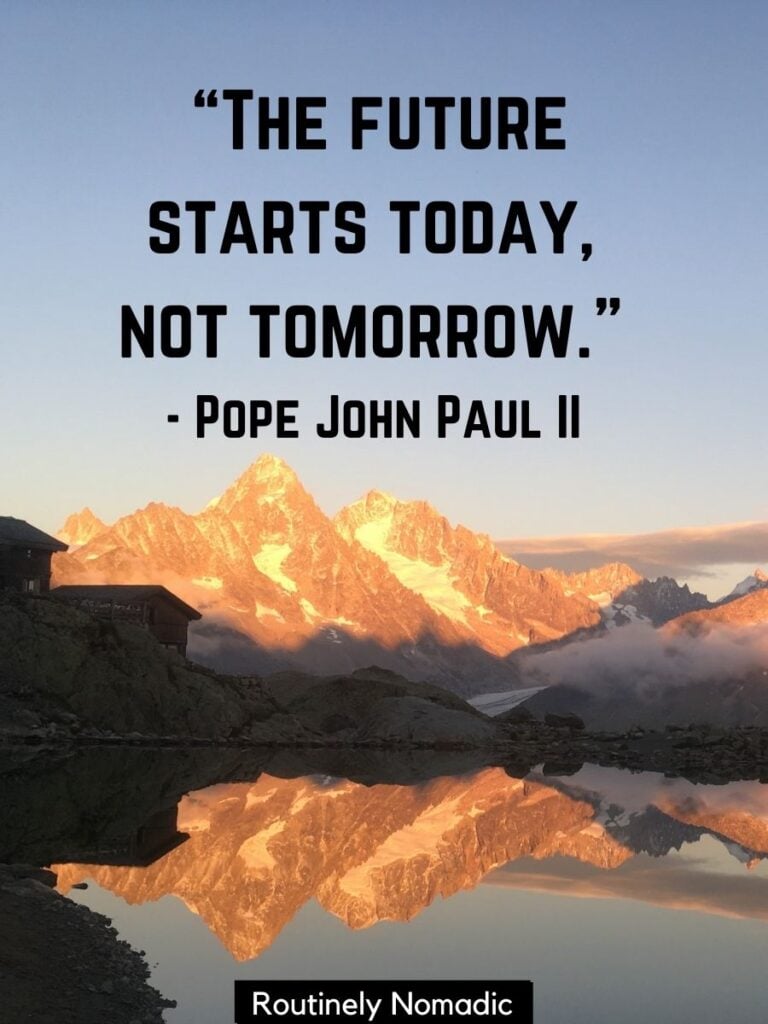Quote moral relativism presents a compelling lens through which we can examine ethical frameworks across diverse cultures and societies. This phenomenon, characterized by the belief that moral judgments are contingent upon cultural, societal, or personal perspectives, raises critical questions about the universality of moral principles. In exploring moral relativism, we engage with its implications, critiques, and the broader context in which it operates. This exploration reveals a tapestry of philosophical discourse that is not only relevant but crucial to understanding contemporary ethical dilemmas.
At its core, moral relativism posits that there is no singular, objective standard for morality. Instead, it suggests that ethical norms and values are shaped by the historical, social, and cultural contexts in which individuals find themselves. This idea addresses a common observation: what is deemed morally acceptable in one society may be entirely reprehensible in another. This divergence often prompts an examination of deeper sociological and anthropological dimensions. For instance, practices such as arranged marriages or capital punishment can be justified within certain cultural frameworks, yet attract vehement denunciation from outsiders. Such discrepancies elicit questions about the nature of morality itself: Is there a universal ethical standard, or are moral beliefs inherently subjective?
The reverberations of moral relativism extend beyond mere philosophical discourse. In a globalized world, where interactions across cultures are commonplace, understanding moral relativism becomes vital. The increasing interconnectedness of societies has led to heightened awareness of differing moral values. This phenomenon can foster tolerance and empathy. However, it can also give rise to moral quandaries, particularly when confronting issues such as human rights violations or environmental degradation. A relativist perspective may lead some to argue that interventions into the practices of another culture amount to imperialism, while others assert that certain rights are inalienable and must be upheld universally.
The critiques of moral relativism are as plentiful as its proponents. Critics argue that unbridled relativism leads to ethical nihilism, where any action can be justified based on context. This slippery slope raises significant moral implications, as it can create a potential justification for atrocities. For instance, if an action is acceptable solely by virtue of cultural context, then practices such as torture, slavery, or genocide may be condoned under the guise of cultural preservation. Such a radical interpretation of relative ethics prompts a critical evaluation of the balance between cultural sensitivity and moral accountability.
Another interesting aspect of moral relativism resides in its psychological underpinnings. Cognitive dissonance—a mental discomfort experienced when holding contradictory beliefs—often incentivizes individuals to align their moral views with their cultural norms. This psychological phenomenon can create an echo chamber effect, wherein individuals are less likely to question their inherited moral frameworks. As societies evolve and challenging voices emerge, this dynamic may shift. The debate surrounding climate change illustrates this interplay vividly. While some cultures advocate for sustainable practices as a moral obligation, others may resist such notions, often influenced by economic dependency on destructive practices. Here, the stakes of moral relativism cut through the fabric of social, economic, and environmental justice.
Delving deeper, the exploration of moral relativism unveils a plethora of philosophical inquiries. Can morality exist independently of human experience? Are moral values simply social constructs that evolve with time? These inquiries evoke a rich discussion surrounding the essence of ethical behavior and responsibility. Some philosophers advocate for a moderate relativism, asserting that while moral principles may be context-dependent, this does not preclude the existence of some fundamental norms that transcend cultural barriers. These core values might include compassion, fairness, and respect, which could serve as a foundation for cross-cultural dialogue and moral consensus.
In addition, the intersection of moral relativism and technology introduces new complexities in ethical considerations. In an age defined by rapid technological innovation, societal norms frequently grapple with the implications of advancements such as artificial intelligence, genetic engineering, and climate manipulation. Each of these domains poses unique moral challenges that require nuanced ethical assessments. Activism in these areas often reflects a blend of relativistic perspectives, where global citizenship and localized ethics must coalesce to address common threats to humanity, such as climate change, poverty, and inequality.
Moreover, the phenomenon of moral relativism can foster an appreciation for cultural diversity. Engaging with different ethical viewpoints enriches our understanding of humanity and broadens our empathy. Rather than merely tolerating divergent beliefs, an active engagement can lead to richer, more inclusive dialogues. This approach can pave the way for collaborative efforts to confront pressing global challenges. Building coalitions formed around shared values, derived from diverse cultural perspectives, can ultimately enhance collective action in pursuit of shared goals.
Ultimately, the examination of quote moral relativism encapsulates the dynamic interplay between cultural context and ethical discourse. It presents both challenges and opportunities for understanding in a world predicated on diversity. In grappling with these complexities, societies can discover a deeper appreciation for the ethical dimensions that shape human experience. Exploring moral relativism is not just an academic exercise; it is a vital inquiry that speaks to our shared humanity. The quest for ethical clarity in this relativistic landscape remains an ongoing and essential endeavor, inviting us to reflect upon the values that unite us even as we navigate the nuanced moral terrain that separates us.
